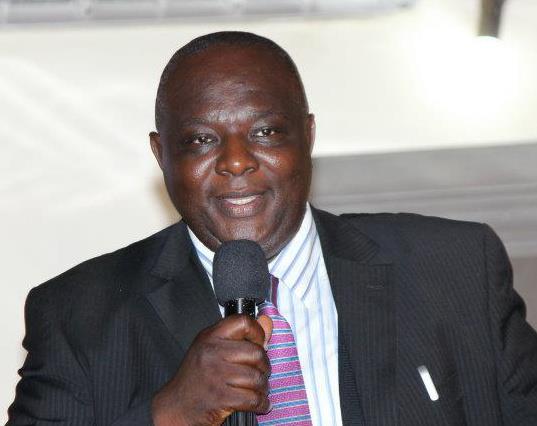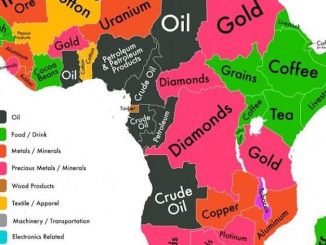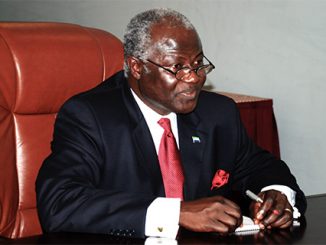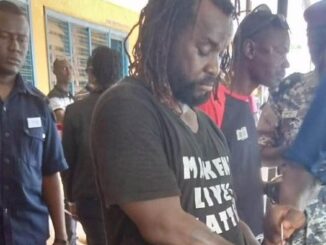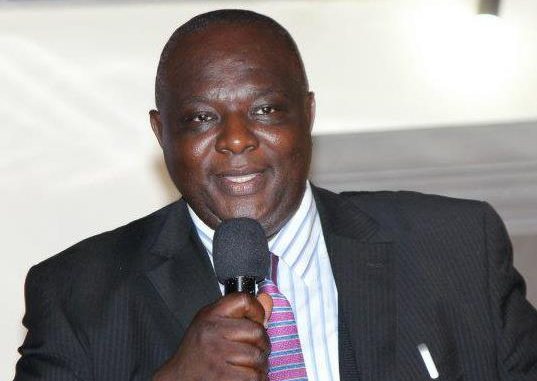
Titus Boye-Thompson, Communications Expert
The ravaging scourge of the Ebola Virus Disease (EVD) decimated Sierra Leone, Guinea and Liberia at such an unprecedented rate, lives lost to an unknown , unseen enemy in battles poor communities and even literate enclaves could not fathom. This was a slaughter of horrendous proportions yet the World stood still, perplexed in the veracity of the virus. Mankind was overwhelmed and not even a distraction of its own protuberance could will this danger to be assessed. Moved by its ferociousness, the World community closed ranks against some of the poorest communities in West Africa. Airlines suspended flights, unions threaten strikes and parliaments holler in angst.
It took some time for the mechanics of this disease to be understood and for the term epidemiology to be expunged from the mouths of the well placed and for some better term such as survivor to replace imminent death. The mathematics of Ebola is yet to be sampled and the equations of misery, despair and death to be better appreciated. The economics of the Ebola crisis is also another enigma and until we deal with these baseline fundamentals, there is still yet some very stark learning to do. How then would we all begin to understand its ramifications when the management and lost opportunities are still to be computed is a critical consideration to be taken in the deliberations to come. One thing that is certain, its politics and economics will be intertwined as much as night follows day.
There is a general acceptance that as a country, the Sierra Leonean imperative should be not to allow those who fell to die in vain. When that vanity is considered, the remorse goes mainly to the high flying heroes in the medical profession. Drs Khan, Cole and Buck are the early one to succumb. Drs TT Rogers and Willoughby to latest in a long line of fallen caught the nation’s attention because of the circle of transmission that their cases emerged with. The closeness between such highly placed names as T T Rogers, Willoughby, Macauley and others gripped Freetown with fear and the consideration was none too often one of how close any ne of note would have been to these our care givers. Died they did, needlessly some will assume but in the tender care and concern for loved ones lie their own demise. Their consummate attention to a call of duty to save lives whatever the circumstances pronged them to keep trudging on and to risk their very existence in the face of the howling winds of the Ebola storm.
It is interesting how close anyone could have been to the medical and health teams who also succumbed to this scourge. The numbers of cousins, close friends and lovers, husbands and wives and children of death who now have to live with the anniversary of defeat from a war that has been so unimaginable in its viciousness.
The unending call for better services has the quality of an ingrained hope for a better future for Sierra Leone post Ebola. Already, Liberia has announced that plans are on the drawing board to address their need for a robust health system infrastructure. To secure a functioning health infrastructure would be one of the many positives we can claw back from the defeats of Ebola. In the opinion of many experts, this presents an opportunity here for a radical overhaul of project implementation and programme life cycle management that had eluded Sierra Leone and its international partners. Now is the time for a broader systemic framework review of all aspects of international donor funding and sector specific bilateral and multi-lateral financing schemes. Strictly speaking, this is not the first time that the world had subjected itself to donor financing for health systems strengthening in Africa and by implication, Sierra Leone. The problem had always been support mechanisms drafted and crafted abroad with no reflection on the host or beneficiary country’s cultural, traditional and religious idiosyncrasies. The World Health Organization (WHO) has accepted that it was slow in responding because the Mao River Union Sub-region lacked an early warning mechanism that would have alerted them to the onset of the Ebola virus in the area of initial impact. That they failed to factor in the cultural and traditional imperatives of the tri-country area where the origins of Ebola is traced is another major cause of the spread of the disease and its swift damage was inclined to happen due to the nature of care and nurture that these communities are used to. Care for the sick and even the dying have some traditional pathways that may prove difficult to be integrated into Western medical prognosis.
The opportunity for an early warning system should not be missed otherwise we are opening up the door to another outbreak. The dire consequences would also mean that the lost soldiers in this battle, the ordinary people who contracted the disease because of performing their roles in their communities that have been passed on for generations, the care givers, ambulance drivers and other ancillary health staff would have died in vain. In the event, Sierra Leone should not pass on the opportunity to install a failsafe, state of the art call management system to reach all corners of the country, integrating emergency response, health, fire and local services within a controllable environment that secures national integrity and sovereignty.
Secondly, a robust health infrastructure goes beyond medicines, hospitals and health centres. Issues of social mobilization, psycho-social messaging and attitudinal prerequisites have to be tackled, alongside advances in designing responsibility for health of the person at a community level. The cadres of contact tracers and surveillance teams are soon to become integral in our public health defense line and critical to an early warning and management mechanism. For now, no one wants to see an ambulance or hear talk of an emergency number system. Necessary as they are to a health emergency, action must be taken to migrate the current system to another one more amenable or acceptable. For example, Ambulances should be restricted from plying the roads, their alarms killed off and even their colors changed.

